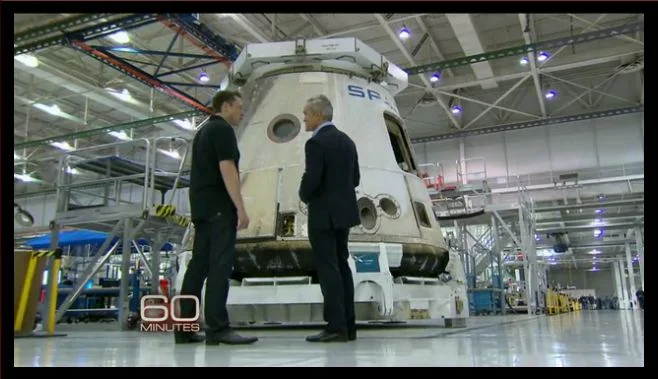Definitely can't say it better than this HBR editorial: https://hbr.org/2014/11/why-the-public-utility-model-is-the-wrong-approach-for-internet-regulation
I support Net Neutrality, but I oppose those proposals that rely upon classification of the internet as a public utility, and upon government owning and operating the net in the manner of our long-neglected power, water and transportation systems. That's just a recipe for delay, neglect and death of commercial incentive.
Other progressives feel the same way - check out the Progressive Policy Institute's recent report, Outdated Regulations Will Make Consumers Pay More for Broadband: http://www.progressivepolicy.org/issues/communications/outdated-regulations-will-make-consumers-pay-broadband/
Once again, this is policy that should not be fought / won with sound bites.
Our economic future depends on wise choices - and sometimes the decision to do NOTHING.
Jeffrey Ruppert










